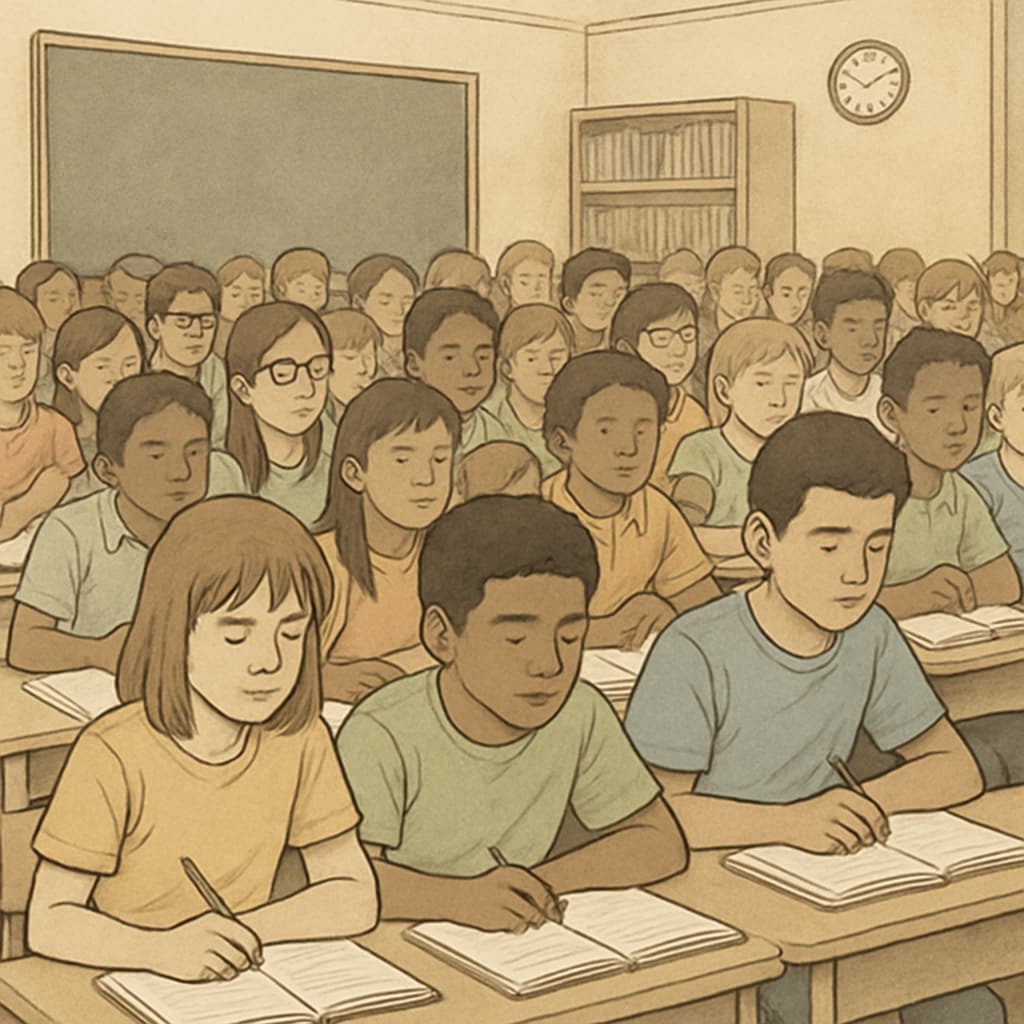In today’s education landscape, teachers face mounting challenges that often go unnoticed by those outside the profession. Issues such as inadequate teacher rights, poor working environments, and ineffective school management have created a crisis for educators worldwide. These silent struggles not only impact teachers’ ability to perform their roles effectively but also diminish the quality of education students receive. Addressing these issues is essential for building a more equitable and sustainable educational system.
Challenges in Teacher Rights and Professional Respect
One of the most significant issues facing educators is the erosion of their fundamental rights and professional respect. Teachers, who are the backbone of any education system, often find themselves excluded from decision-making processes that directly impact their work. For example, policies regarding curriculum changes or classroom management are frequently implemented without consulting the very individuals responsible for executing them.
Moreover, many teachers are subjected to excessive workloads, with little to no compensation for additional hours spent grading, preparing lessons, or mentoring students. According to a report on education from Britannica, this lack of recognition contributes to burnout and high turnover rates, further destabilizing the profession.

Working Conditions: A Growing Concern
The working environment for educators has deteriorated significantly in recent years. Many schools operate under strict budget constraints, leaving teachers with outdated teaching materials and overcrowded classrooms. In addition, the physical condition of school facilities often fails to meet basic standards, making it difficult for teachers to create an effective learning atmosphere.
For instance, a Wikipedia article on education in the United States highlights that underfunded schools are more likely to experience teacher shortages and higher rates of absenteeism among educators. These factors create a cycle of inefficiency that ultimately harms both the teacher and the student.

School Management and Support Systems
Effective school management plays a crucial role in ensuring teachers feel supported and valued. However, many educators report a lack of adequate support from administrators. Whether it’s addressing behavioral issues among students or providing professional development opportunities, the absence of strong management leaves teachers feeling isolated and undervalued.
In addition, the pressure to meet standardized testing benchmarks often overshadows the importance of fostering a creative and critical-thinking environment. Teachers are pushed to focus on test scores rather than meaningful learning experiences, which can be demoralizing and counterproductive.
Building a More Supportive System
To address these challenges, systemic changes are necessary. These include:
- Empowering teachers by involving them in policy decisions that affect their work.
- Increasing funding for schools to improve teaching resources and facilities.
- Providing professional development programs to enhance teachers’ skills and career growth.
- Establishing better communication channels between school management and educators.
By implementing these measures, we can create a more equitable and respectful environment for educators, enabling them to fulfill their mission of shaping future generations.
Readability guidance: This article uses short paragraphs, concise lists, and active voice to ensure clarity and readability. It incorporates transition words such as “however,” “for example,” and “in addition” to maintain a smooth flow.


